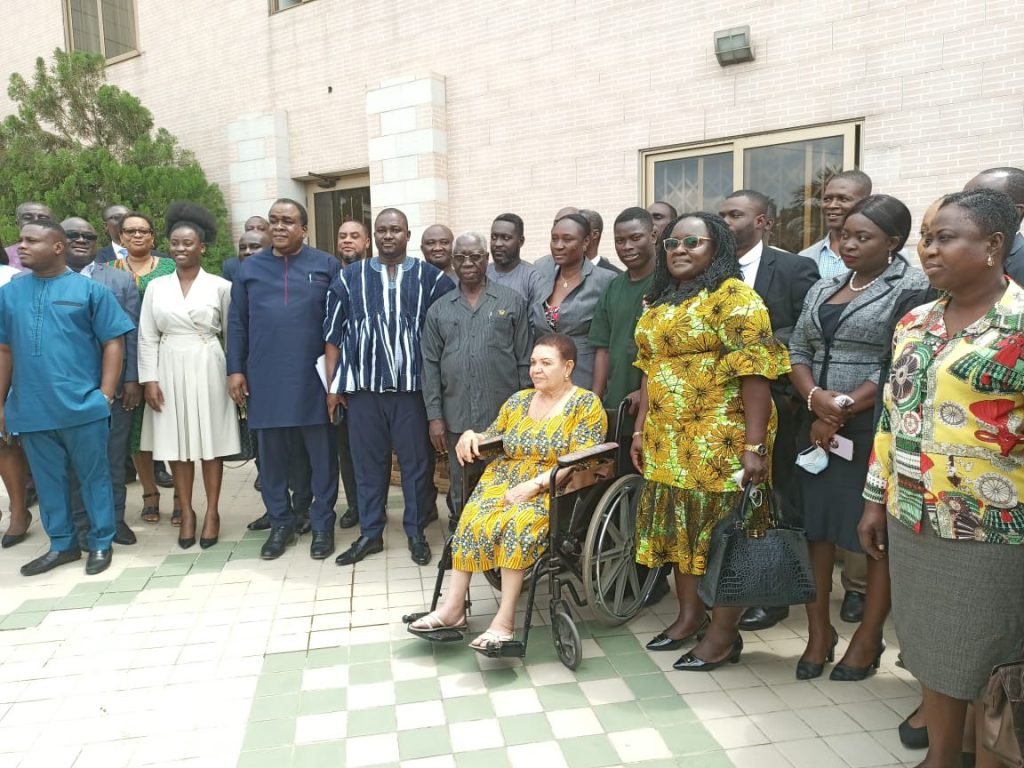Accra, Oct. 19, GNA – Mr Yaw Osafo-Maafo, the Senior Presidential Advisor, has called for a review of the Fiscal Responsibility Act, 2018 to provide “specific sanction” for Finance Ministers who will spend beyond five per cent of the country’s Gross Domestic Product (GDP).
He expressed concern that although the law mandated Finance Minsters not to spend beyond a certain limit, the law did not prescribe specific sanctions in an event where the Act was breached.
Speaking at a stakeholder engagement on the implementation of the Open Government Partnership (OGP) Fourth Action Plan in Accra on Wednesday, Mr Osafo-Maafo said Finance Ministers who flouted the fiscal rule could lose their jobs as part of the sanctions.
“If a Minister of Finance goes beyond the 5 per cent of GDP, what happens to him? There is no specific sanction on this, and I think it is something we should look at because if we put in a certain percentage and it can be calculated, and you go beyond it, then there must be sanctions; either you lose your job, which is no force majeure,” Mr Osafo-Maafo said.
The Fiscal Responsibility Act was passed in 2018 to “provide for fiscal responsibility rules to ensure macroeconomic stability and debt sustainability.”
Mr Osafo-Maafo said there were certain circumstances where a Minister of Finance could go beyond the expenditure limits set in the Act, citing Covid-19 expenditure in 2020 as a case in point.
He recalled that the Minister of Finance, Ken Ofori-Atta, in the 2020 financial year, went to Parliament to set aside the Act, in respect of the law.
Mr Maafo said the Act, among other laws such as the Right to Information Act, States Interests and Governance Authority Act, Witness Protection Act, and the Ghana Open Data Initiative, were among the policies and legislative reforms introduced to advance accountability and transparency.
The OGP is a global initiative founded in 2011 and brings together national leaders and civil society advocates to address issues that need reform to make a positive impact in nations and communities.
Current issues being addressed in the OGP at the global level include access to justice, gender and inclusion, digital governance, public service delivery, right to information, anti-corruption, and integrity.
Ghana signed up to the OGP from its inception in 2011 and has since developed and implemented its OGP National Action Plans (NAP) in 2012, 2015, and 2017, with a fourth action plan currently in the implementation phase.

Mrs Thelma Ohene-Asiamah, Director, Finance and Administration, Ghana Public Reform Secretariat, and OGP Point of Contact, said the stakeholder engagement was to among others, review the implementation roadmap in the fourth OGP action plan.
She said the meeting would also review and agree on monitoring framework to track implementation of commitments in the action plan.
GNA